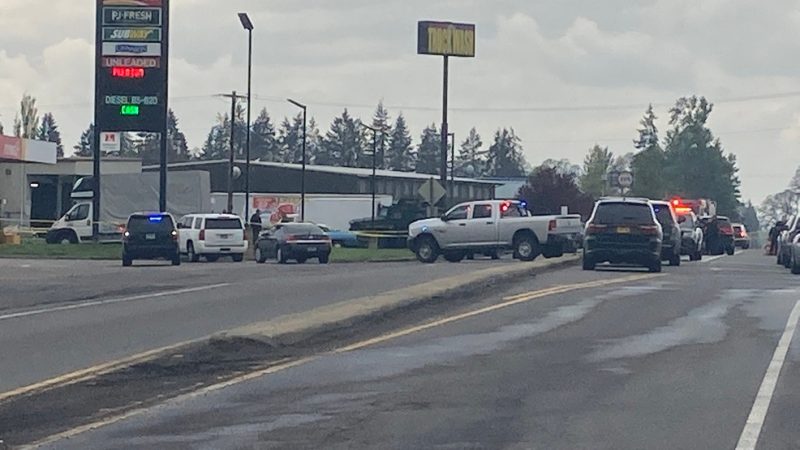Vecinos queman vivo a un supuesto ladrón en Guatemala: A Disturbing Act of Vigilante Justice”

In a shocking incident that has sent shockwaves through Guatemala, a group of neighbors took the law into their own hands, burning alive a man they suspected to be a thief. The incident highlights the dangers of vigilantism and the urgent need for a more robust and just legal system. In this article, we will delve into the details of the incident, its implications for the community, and the broader issues surrounding vigilantism in Guatemala.
The Incident: On [Date], in [City or Town Name], Guatemala, a mob of enraged neighbors descended upon a man they believed to be a thief. Reports suggest that the accused was caught in the act or was seen fleeing from the scene of a crime. Without waiting for law enforcement to intervene, the mob quickly escalated the situation, resorting to an extreme form of punishment – they set the man on fire.
The Horrifying Reality of Vigilante Justice: The incident raises serious questions about the state of law and order in Guatemala and the frustration that may be driving citizens to take justice into their own hands. While crime rates and inefficiencies in the legal system may contribute to such actions, the act of burning someone alive is an unthinkable and brutal response. It is crucial to analyze the root causes that lead communities to resort to such extreme measures.
Societal Factors: Guatemala has long struggled with issues related to poverty, inequality, and a high crime rate. The lack of trust in law enforcement, coupled with a slow and often corrupt legal system, has led some communities to seek alternative means of justice. Poverty-stricken neighborhoods often bear the brunt of crime, and residents may feel abandoned by the authorities, pushing them towards vigilantism as a desperate measure to protect themselves and their property.
Legal System Challenges: The incident also sheds light on the challenges facing Guatemala’s legal system. Delays in court proceedings, corruption within law enforcement, and a lack of resources contribute to a sense of impunity. When citizens lose faith in the formal legal process, they may turn to vigilante justice as a perceived quick and decisive solution. Addressing these systemic issues is essential to preventing such tragic incidents in the future.
Human Rights Concerns: The act of burning a person alive not only represents a gross violation of human rights but also underscores the need for a reevaluation of societal values. Respect for the rule of law and the preservation of human dignity should be at the forefront of any civilized society. The international community must condemn such acts and call for accountability to ensure that justice is served through legal means rather than through acts of brutality.
The Role of Community Policing: In the aftermath of this disturbing incident, there is an opportunity for Guatemala to explore community policing initiatives. Collaborative efforts between law enforcement and communities can help build trust, address underlying issues, and create a more effective and responsive justice system. Educating communities about legal processes and providing avenues for reporting crimes without fear of reprisal are crucial steps towards fostering a sense of security.
Psychological Impact: Beyond the legal and societal implications, the incident has undoubtedly left a lasting psychological impact on the witnesses and those directly involved. The normalization of violence and the acceptance of extreme measures as a form of justice can have severe consequences on the mental health of individuals within the community. Efforts should be made to provide counseling and support to those affected by the trauma of witnessing such a horrific event.
International Response: The international community, including human rights organizations and diplomatic entities, should closely monitor the situation in Guatemala and offer assistance in addressing the root causes of vigilantism. Collaborative efforts can include providing resources for legal reforms, supporting community development initiatives, and advocating for the protection of human rights.
Conclusion: The burning of a suspected thief in Guatemala is a harrowing reminder of the challenges facing the country in terms of law enforcement, legal processes, and societal values. Urgent action is required to address the root causes of vigilantism, strengthen the legal system, and rebuild trust between communities and law enforcement. Guatemala must seize this moment to reevaluate its approach to justice and work towards a society where the rule of law prevails, ensuring the safety and well-being of all its citizens.






